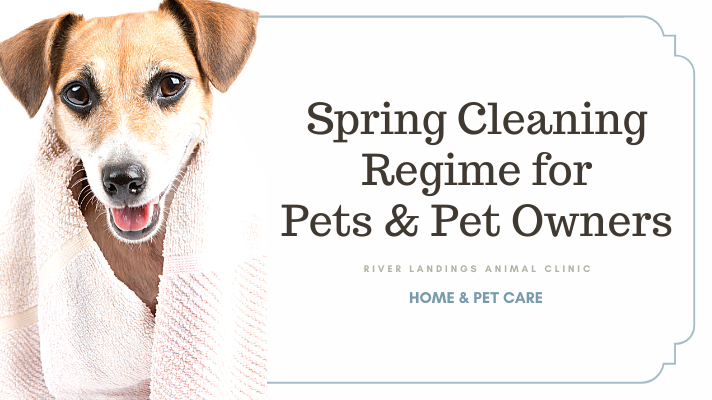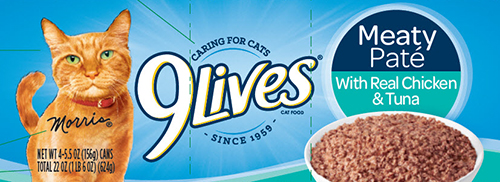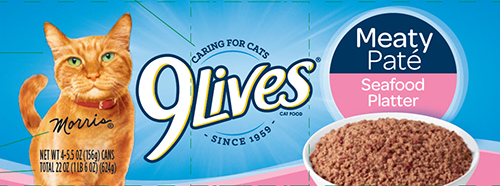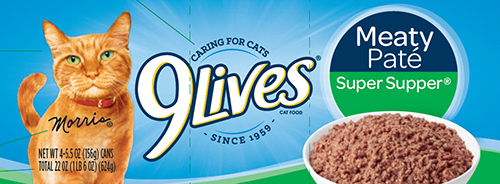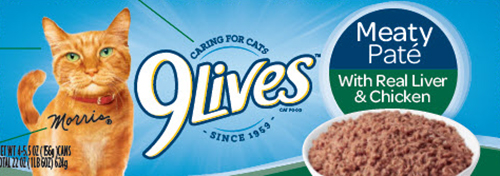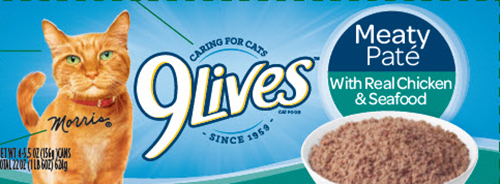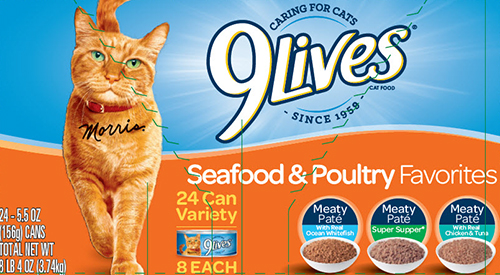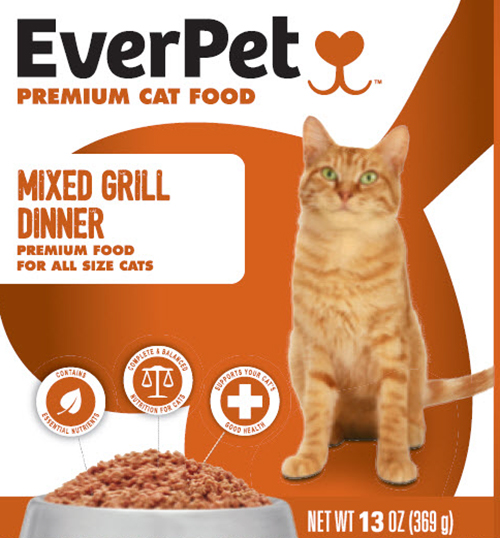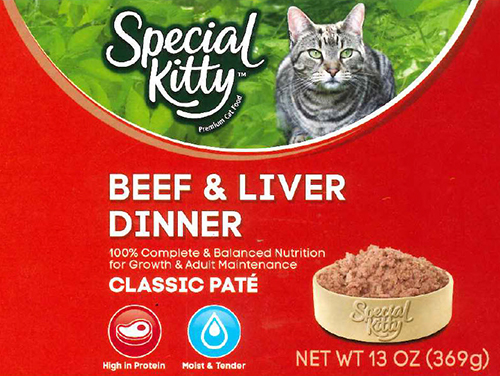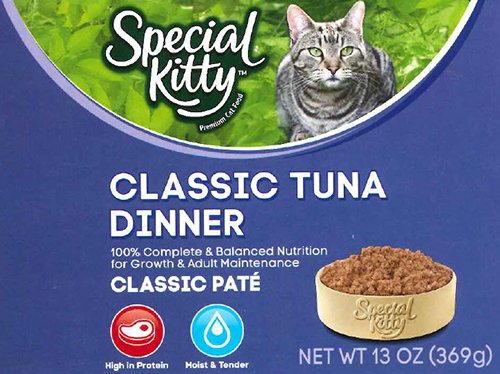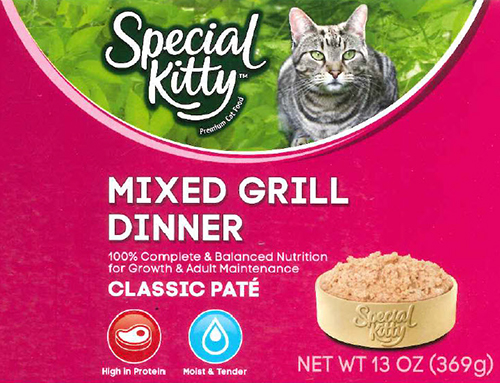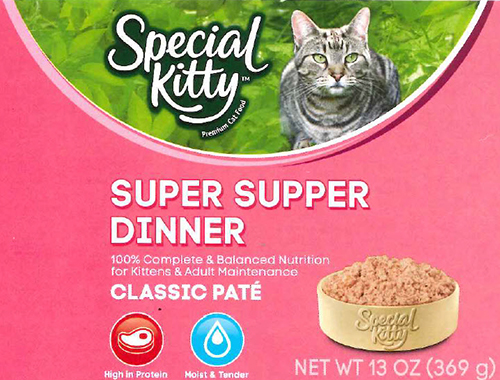Service Dogs 101: Information on Service Dogs
What is a service dog?
Service dogs, assistance dogs, and alert dogs can help make life easier for people with disabilities.
Some of the disabilities in which dogs are trained to aid in are:
Mobility issues (including Paralysis)
Sensory issues (Blindness, hearing loss, etc)
Diabetes (Diabetic Service Dogs)
Epilepsy or Seizure Disorders (Seizure Alert Dogs)
Autism (Autism Service Dogs)
Stability (Wheelchair Assistance Dogs)
Post Traumatic Stress Disorder (PTSD Service Dogs)
Psychiatric Disorders (Psychiatric Service Dogs) - Trained to service those who are diagnosed with major depression, obsessive compulsive disorder, ADHD, Bipolar Disorder, General Anxiety Disorder, social phobia, Alzheimer’s Dementia, and Schizophrenia.
What do service dogs help with?
A service dog aids individuals with limitations in their day-to-day routine in life. Some of the basic tasks they can provide are:
Retrieve medication and other items
Open doors and cabinets
Pick up a phone
Alert authorities
Turn on and off lights
Alert owner to seizures
Alert owner to changes in blood sugar
Find keys
Take off shoe and socks
Carry groceries or laundry
Assist with walking
Alert owner to sounds (doorbell, phone, etc)
Pick up mail
Provide companionship
Although trained to perform this basic tasks, each dog is trained specifically to fit their owner’s personal needs.
Service dogs are protected under US federal law
Under the Americans with Disabilities Act (ADA), an individual with a disability is entitled to a service dog to help them live their lives normally. The ADA protects disabled individuals by allowing them to bring their service dog with them to most places that the public is permitted, including restaurants, hotels, housing complexes, and even in air travel. Any dog can be a service dog and service dogs do not have to be professionally trained. The important thing is that the dog is trained to be a working animal and not a pet.
DID YOU KNOW: There are approximately 20,000 service dogs in the U.S., which includes 10,000 guide dogs.
(American Humane Association, U.S. Pet and Population Fact Sheet: source)
Identifying service dogs for the public and public knowledge
Often a service dog will be identifiable by a service dog tag or vest. This is to let the public know it is a service dog and not a pet. Airlines and other means of transport may require identification, such as ID cards/tags.
Living with your service dog
The Americans with Disabilities Act (ADA) gives individuals the right to live with their service dog, regardless of any building or residences with a no pet policy. This is because a service dog is not considered a pet and is required for daily life functions/activities. Building managers or landlords may not refuse your service dog nor may they require you to submit any pet deposits or fees for your service dog. Hotels fall under the same policy.
Flying with your service dog
Same as living with your service dog, under the ADA law, airlines may not charge additional fees for having a service dog at their side, nor may they deny access.
Common service dog breeds
Labrador Retrievers
Golden Retrievers
Lab/Golden Retriever crossbred dogs
German Shepherds
Local Florida service dog training
Southeastern Guide Dogs is the standout organization as far as service dogs go:
Southeastern Guide Dogs has the distinction of being dually accredited by the two premier, global accreditation bodies: the International Guide Dog Federation (IGDF) and Assistance Dogs International (ADI). Founded in 1982 in Palmetto, Florida, we employ the latest in canine development and behavior research to create and nurture partnerships between visually impaired individuals and extraordinary guide dogs. Southeastern Guide Dogs serves more than 450 graduates across the U.S. and continues to place more than 100 dogs each year into careers benefiting people with visual impairments and veterans. While receiving no government funding, we provide all of our dogs and services at no cost to recipients.
Visit their website at www.guidedogs.org
Spring Cleaning Regime for Pets & Pet Owners
Pets shouldn't be overlooked in spring cleaning. For pet parents, cleaning their pet's belongings may be obvious, but the importance of replacing other items may not be. That's where we come in!
Drop the winter weight
Many of us pack on a few pounds during the cold winter months, and chances are our dogs have too. If your dog is looking a little fuller these days it's time to talk to your veterinarian about a safe weight loss regimen for your dog. Try cutting back on treats that add calories to your dog's diet. Instead, try giving them baby carrots or plain green beans.
Grooming of the coat
Shedding increases in the springtime as dogs lose their winter coats. Make sure to brush your dog regularly. This will help keep the shedding under control, as brushing loosens and removes dead hair and dandruff from your dog’s coat.
Bedding refresh
Your pet probably spends most of its time indoors. Spruce things up by refreshing their favorite places, including their bed, kennel, or favorite napping spot. First, vacuum in and around the area to remove hair and dirt. Next, if they sleep in a plastic or wire crate, take it outside, hose it down and dry it thoroughly. Then, launder blankets or bedding, tossing and replacing any worn items.
Collars and leashes
Often these can be washed in a washing machine. Remember to place it in a garment bag to prevent tangling or damaging. Check collars and leashes for wear and tear and replace them when necessary.
Toy clean up
Throw away any toys that are permanently soiled, damaged, or simply ignored by your pet. Gather any plush toys and launder them so they’re fresh and fluffy again. Hand-wash any plastic or rubber toys, too. If your pet has lots of toys, you can rotate them weekly to keep your pet interested. You might also keep a set of durable, Kong-type or rope toys for outdoor playtime, and keep the soft, squeaky plush toys inside so they last longer. Unused toys can be rehomed to pets in need.
Double-check on medications
If you give your pet medications or supplements, go through everything and toss any that are old or have expired. Make sure you have an adequate supply of flea, tick, and heartworm preventative on hand. If you don’t, contact your veterinarian and stock up so you don’t run out. The cost of treating heartworm just once is the same as 7 years worth of heartworm prevention!
Go through the pet’s pantry
Check for expired canned-foods and treats. Now is also a good time to make note of food and treats your pet does love and restock. Don’t forget to wash the bowls and dining area of your pet!
Restock first aid kit
A first aid kit should include hydrogen peroxide and antibacterial ointment among other items. Replace any missing or expired items so you’re prepared for the warmer days ahead!
Use natural cleaning solutions
As you’re cleaning other areas in your home, remember to keep toxic supplies and chemicals well out of reach of your pet. Consider using natural cleaning solutions like baking soda or vinegar and water.
Call your vet or the Animal Poison Hotline right away if you suspect your pet has ingested any toxic or potentially toxic substance.
Animal Poison Hotline: 1-888-232-8870
($35.00 charge per incident)
The hotline is staffed 24 hours a day, 7 days a week.
Scoop the poop
If you have a backyard where your dog gets to roam freely, do a thorough clean-up of the feces before you take that lawnmower to the grass and cause yourself quite the mess and stress of a clean-up.
Poisonous Plants for Pets
Latest in Animal Food Recalls
The J.M. Smucker Company announced a limited voluntary recall on certain lots of 9LivesTM, EverPetTM, and Special KittyTM canned cat food due to possible low levels of thiamine (Vitamin B1).
The issue was discovered by the Quality Assurance team during review of production records at the manufacturing facility. No illnesses related to this issue have been reported to date and the product is being recalled out of an abundance of caution.
Cats fed diets low in thiamine for several weeks may be at risk for developing a thiamine deficiency. Thiamine is essential for cats. Symptoms of deficiency displayed by an affected cat can be gastrointestinal or neurological in nature. Early signs of thiamine deficiency may include decreased appetite, salivation, vomiting, and weight loss. In advanced cases, neurological signs can develop, which include ventroflexion (bending towards the floor) of the neck, wobbly walking, circling, falling, and seizures. Contact your veterinarian immediately if your cat is displaying any of these symptoms. If treated promptly, thiamine deficiency is typically reversible.
The affected product was distributed to a limited number of retail customers from December 20 through January 3, 2017.
The affected production includes the following:
| Brand | Product Description | UPC Code Consumer Unit | Lot Numbers | Units per Case | Selling Unit Size | UPC Code on Case |
|---|---|---|---|---|---|---|
| 9Lives | Meaty Pate Chicken and Tuna | 7910052238 | 6354803 | 12 | 13 oz | 7910052228 |
| 9Lives | Meaty Pate Seafood Platter | 7910000402 | 6356803 | 24 | 5.5 oz | 7910000402 |
| 9Lives | Meaty Pate Seafood Platter | 7910000367 | 6355803 | 6 | 4pk / 5.5 oz each | 7910003670 |
| 9Lives | Meaty Pate Super Supper | 7910000327 | 6358803 | 24 | 5.5 oz | 7910000327 |
| 9Lives | Meaty Pate Super Supper | 7910000286 | 6358803 | 6 | 4pk / 5.5 oz each | 7910002860 |
| 9Lives | Meaty Pate Super Supper | 7910052239 | 6355803 | 12 | 13 oz | 7910052229 |
| 9Lives | Meaty Pate Super Supper | 7910052239 | 6364803 | 12 | 13 oz | 7910052229 |
| 9Lives | Meaty Pate with Chicken and Seafood | 7910000364 (793641) | 6356803 | 6 | 4pk / 5.5 oz each | 7910003640 |
| 9Lives | Meaty Pate with Chicken and Tuna | 7910000324 | 6356803 | 24 | 5.5 oz | 7910000324 |
| 9Lives | Meaty Pate with Chicken Dinner | 7910000410 | 6356803 | 24 | 5.5 oz | 7910000410 |
| 9Lives | Meaty Pate with Liver and Chicken | 7910000312 (793121) | 6355803 | 6 | 4pk / 5.5 oz each | 7910000312 |
| 9Lives | Meaty Pate with Ocean Whitefish | 7910000420 | 6358803 | 24 | 5.5 oz | 7910000420 |
| 9Lives | Seafood Poultry Variety Pack | 7910053377 | 6307803 | 24 | 5.5 oz | 7910053377 |
| 9Lives | Meaty Pate with Chicken & Tuna | 7910000366 | 6357803 | 6 | 4pk / 5.5 oz each | 7910003660 |
| EverPet | Mixed Grill Dinner | 7910053114 | 6356803 | 12 | 13 oz | 7910053114 |
| Special Kitty | Beef and Liver Dinner | 8113112120 | 6355803 | 12 | 13 oz | 8113112120 |
| Special Kitty | Classic Tuna Dinner | 8113112157 | 6358803 | 12 | 13 oz | 8113112157 |
| Special Kitty | Mixed Grill Dinner with printed wrap | 8113109609 | 6355803 | 1 | 12 pk / 13 oz each | 8113109609 |
| Special Kitty | Mixed Grill Dinner without printed wrap | 8113112119 | 6356803 | 12 | 13 oz | 8113112119 |
| Special Kitty | Super Supper | 8113179041 | 6355803 | 12 | 13 oz | 7910079041 |
No other products of The J.M. Smucker Company are affected by this recall.
Consumers who have cans of cat food from the impacted lots should stop feeding it to their cats and dial phone number 1-800-828-9980 Monday through Friday 9:00 AM - 6:00 PM EST or contact the company at consumer.relations@jmsmucker.com.
The recall is being conducted in cooperation with the U.S. Food and Drug Administration (FDA).




